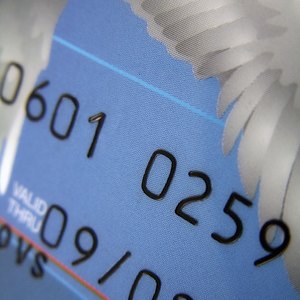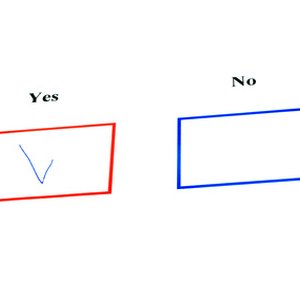
A co-debtor is a person who co-signs with the primary borrower on a loan as a responsible party if the primary borrower defaults on payment. A bank or lending institution may require a co-signor or co-debtor for consumer debt if the primary borrower has no credit history, or has a bad credit history.
Becoming a Co-debtor

Usually, co-debtors are relatives or acquaintances of the primary borrowers who are willing to help out a friend or loved one. If you become a co-debtor, there is more to consider than just helping out a loved one. Most co-debtors don't believe the primary borrower would ever default on a loan, so the decision is made without much financial forethought, such as how their financial position or credit could be affected. Consider the responsibilities of a co-debtor before determining if you are truly in a position to offer assistance.
Co-Debtor Responsibility

If the primary borrower defaults on her loan, you should be financially ready to accept responsibility for the loan principal. If the loan becomes delinquent, the lender will contact you to comply with the loan terms. Consider your financial position and determine whether you will be able to pay off the loan, or at least continue to make payments. Failure to do so could have negative consequences not only on your immediate financial position, but also on you credit score and ability to acquire future credit.
Primary Debtor Bankruptcy

The worst-case scenario would be if the primary borrower files for bankruptcy. In some cases, the co-debtor only becomes aware of a pending bankruptcy through notification by the lender or the bankruptcy court. Depending on the type of bankruptcy filed by the primary borrower, the co-debtor could be liable not only for the loan as originally agreed, but if the primary borrower is already delinquent on loan payments, the credit of the co-debtor could suffer as well.
Chapter 7 Bankruptcy

Chapter 7 bankruptcy is the possibility most damaging to the co-debtor. The primary borrower gets a stay of collection proceedings, meaning they are no longer responsible for the loan, and collections on principal payments will not be pursued. The co-debtor would remain responsible for the loan and any balances due, which could include past due payments or penalties. Additionally, your credit report may reflect that a loan is in bankruptcy for the co-debtor as well as the primary borrower. In the case of the bankruptcy mistakenly appearing on the co-debtor's credit report, this would need to be corrected by a letter to the credit reporting agency in question.
Chapter 13 Bankruptcy

In a Chapter 13 bankruptcy, where a negotiation can occur between borrower and lender for a payment plan on the loan balance, there may be some relief for the co-debtor. While the Chapter 13 is in process, there is a temporary stay of proceedings on loan collections, meaning that loan collections cease until the bankruptcy is finalized. In the process of negotiations, the primary borrower may secure a deal allowing the entire loan balance be repaid on the same or different payment terms. If the entire loan balance is repaid, then the co-debtor may not have to repay the loan. If the primary borrower negotiates a lowered principal amount — 50 percent of principal amount, for example — the lender could pursue the remaining 50 percent of the principal balance from the co-debtor.
Signing As Co-debtor

Know the responsibilities and risks of a co-debtor when considering a request to co-sign for consumer debt. It is always difficult to say "no" to a friend or family member, but this may be needed if you are unable or unwilling to accept the responsibilities assumed by a co-debtor. In the end, your financial position and ability to get credit of your own could be affected.
References
Writer Bio
Tim Burris has over seven years experience writing and editing formal sales proposals and marketing materials. Tim has also worked as a freelance journalist for two news organizations. His cover story in "NUVO Newsweekly," Financial Disclosure, May 5, 2004, won an award from the Indiana Society of Professional Journalists. Tim has a Bachelor of Science degree in business, finance from Indiana University.

